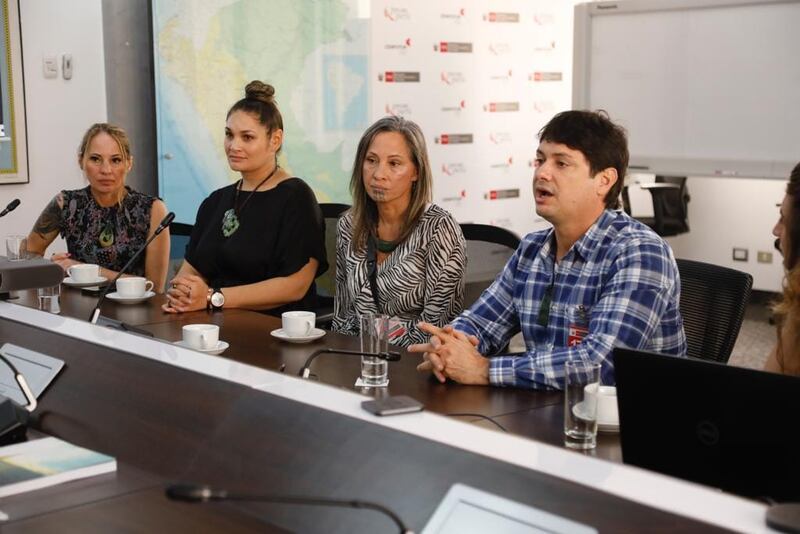A trio of Māori academics from Aotearoa is in Peru to reinforce indigenous bonds and rewrite a shared history that transcends colonised boundaries.
The delegation, led by Waikato University academic Kelly Klink, is working with Raul Diez, a professor at the University of San Ignacio de Loyola, to document the pre-colonial historical ties between Māori and the Inca people.
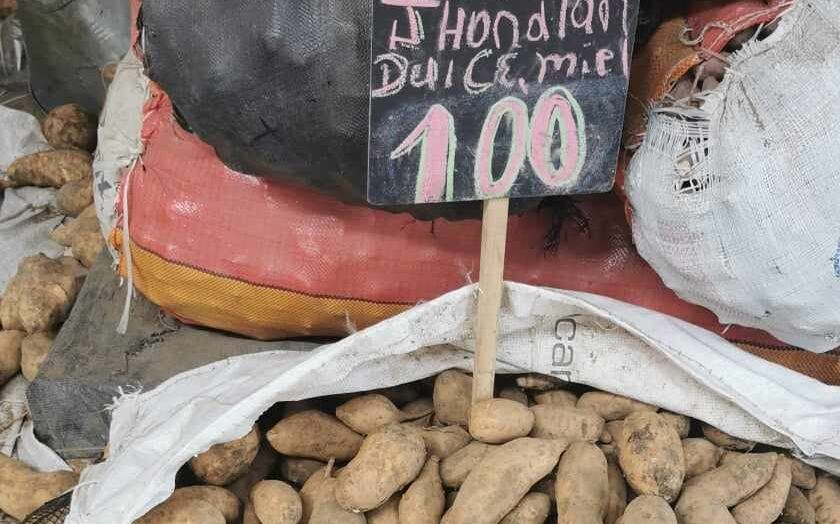
A central focus of the research is about correcting curriculums in Aotearoa that portray Māori as somewhat accidental discoverers of Aotearoa, who primarily traversed only Polynesia.
“I think the first and foremost, why we’re here is to unify us as Māori and the Inca tribes, and to look at our relationships, pre-colonisation, and in particular, pre-Christopher Columbus and pre-Cook’s arrival.”
“What we’re trying to do and Raul is doing, is to smash down those racial barriers and look at Māori as the great navigators that we were.” she added,
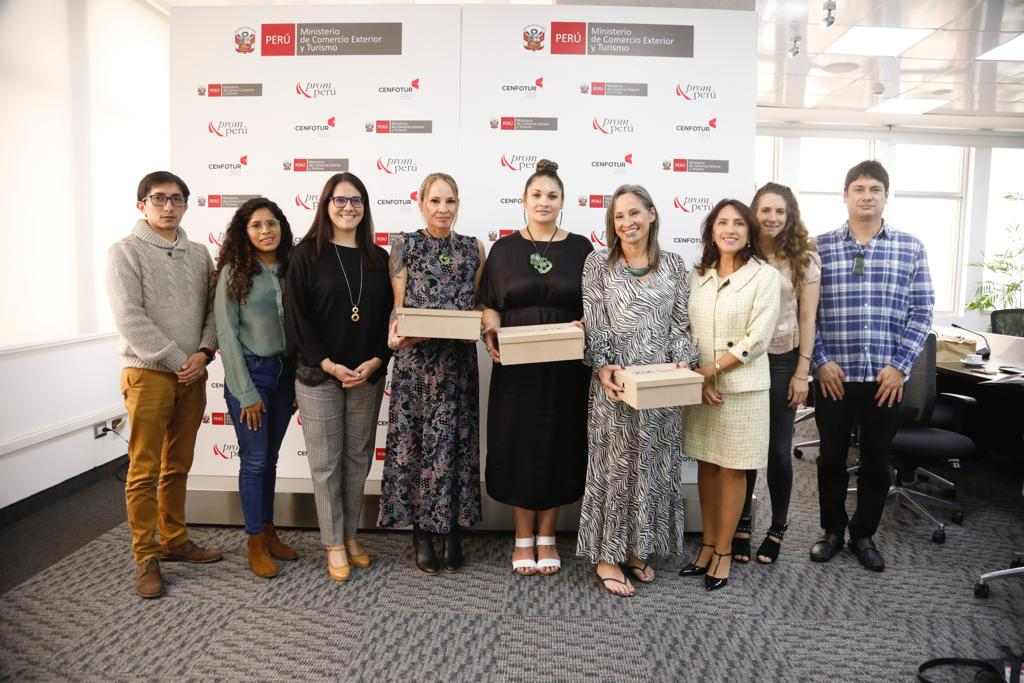
Key to their research are ties symbolised by the likes of kūmara and Tōtara.
“So they have these Tōtara reeds, and they call them Tōtara, they used them for building kayaks. We have the Tōtara tree, which obviously is the tres we used for waka, and there are so many of these similarities,” Klink said.
“How the hell did kūmara, the peruperu, get to Aotearoa?”
“For too long, misconceptions have persisted about our ancestors. We didn’t just ‘stumble’ through Polynesia; we were intrepid navigators who travelled far and wide.”
Part of the research covers ancient routes, suggesting wakas could have travelled from Rakiura, Stewart Island, over to Peru and then into the Americas.
Those revelations, Klink says, will challenge traditional beliefs but are reflective of new information becoming available on oceanic currents that differed in the past.
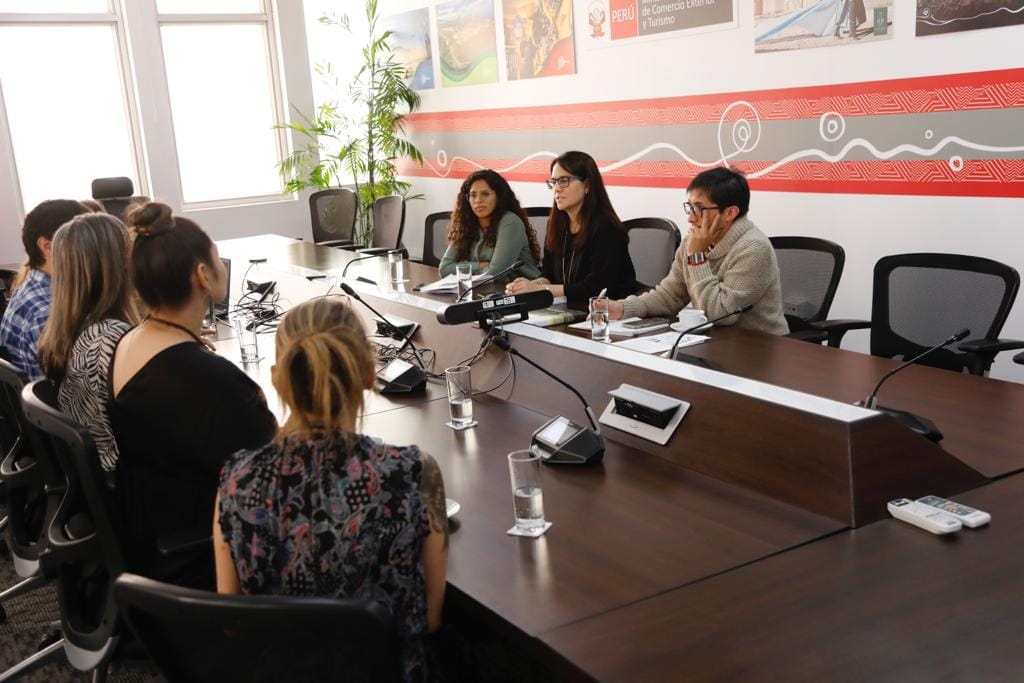
Klink says the seriousness of their mission was underlined by an unscheduled, yet fruitful meeting with Peru’s deputy minister of economy.
“We didn’t expect that to happen,” she said.
The group has also seen a flotilla of around 100 waka, and travelled to archaeological sites, as guests of representatives of the Inca community.
Beyond academic research, Klink sees hope for enduring relationships: “Our work here is not just historical. It’s about forging ongoing whanaungatanga” she said.
As a symbol of that commitment, Klink says the group gifted a kōhatu to the minister from Harataonga in her rohe of Aotea, Great Barrier Island.
“A kaumātua and I went and collected it.”
“We felt that had the spiritual essence centre to bring, and we’ve left it at the ministry to say, ‘this is our anchor, we will be back’.”
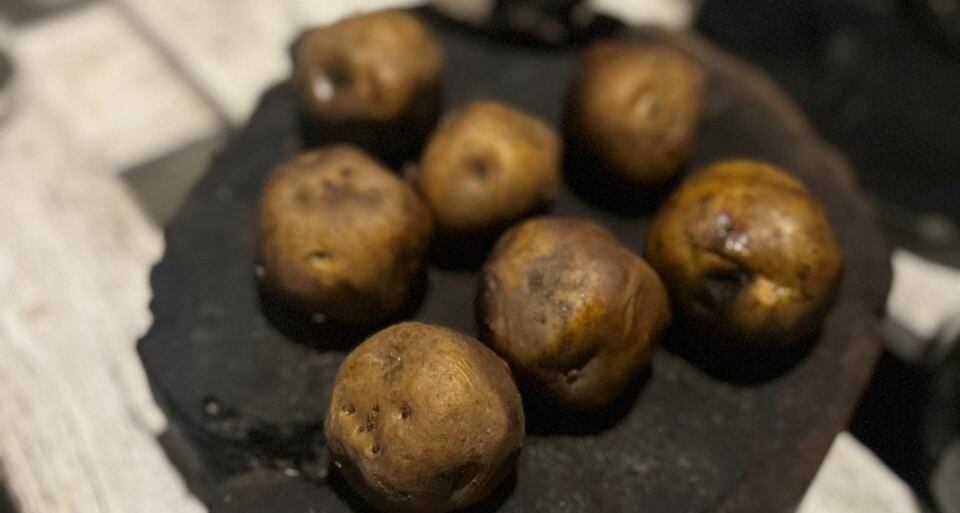
The delegation’s findings will be published in a series of academic papers. They hope that their work will help to change the way that Māori history is taught in schools and universities.
Carla Klink, Kelly’s twin, brought forward a powerful perspective. Rather than focusing on “decolonisation,” of history, she believes in the “restoration of identity.” She argues, “Restoration of identity is where we own our process. My whakaaro is around our discourse of owning who we are.”
“Once we own our restoration of identity in Aotearoa, our people become strong about who they are as a people.” Carla says.
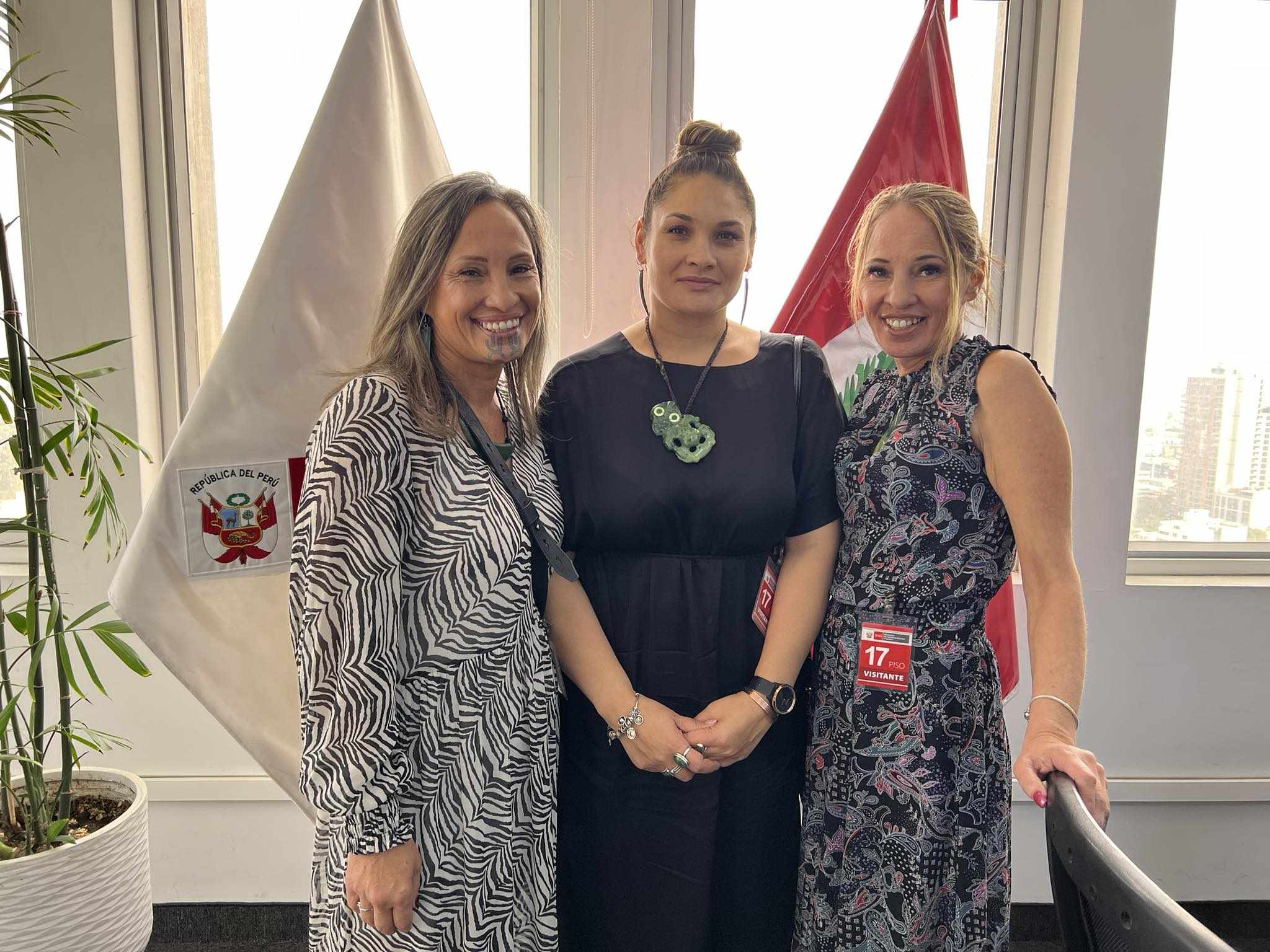
Given the collaborative efforts with Diez and the University of San Ignacio de Loyola, Klink says she hopes will go some way to correcting historical misconceptions on both sides of the Pacific.
“We’re breaking down the barriers of Polynesian exploration,” Klink says.
“We want to get our research papers out into universities and schools to remove that archaic, colonial dialogue” she added.
The interview suddenly takes a light-hearted turn when she interjects on a modern-day tie, which unlike the historic, she hadn’t somehow seen coming.
“There was Troy Kingi, on the radio, we were laughing. It was like ‘Oh my gosh’. Our driver had him on the radio when we jumped in the car.”

